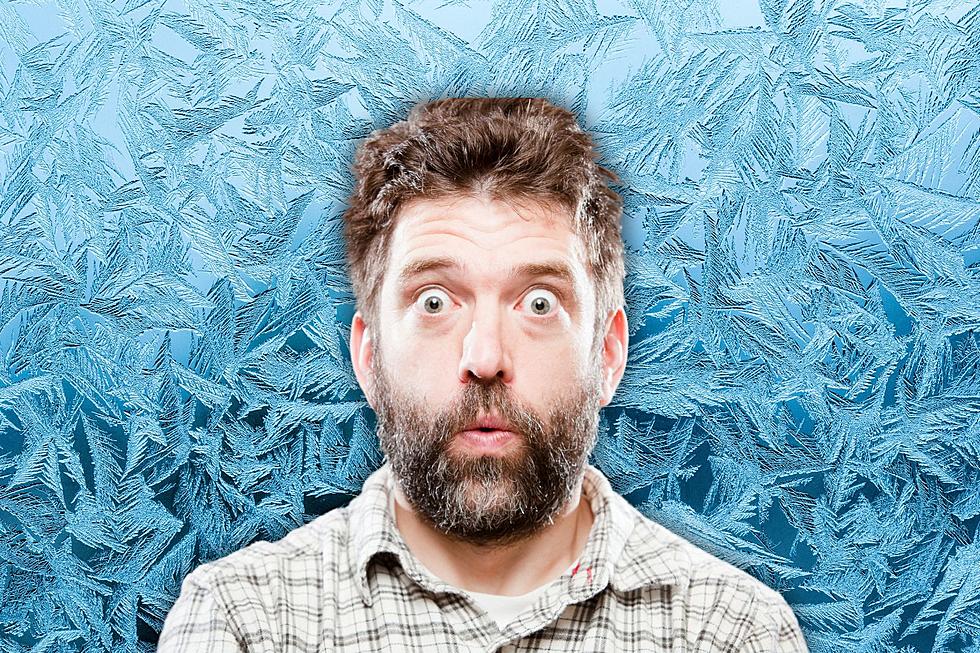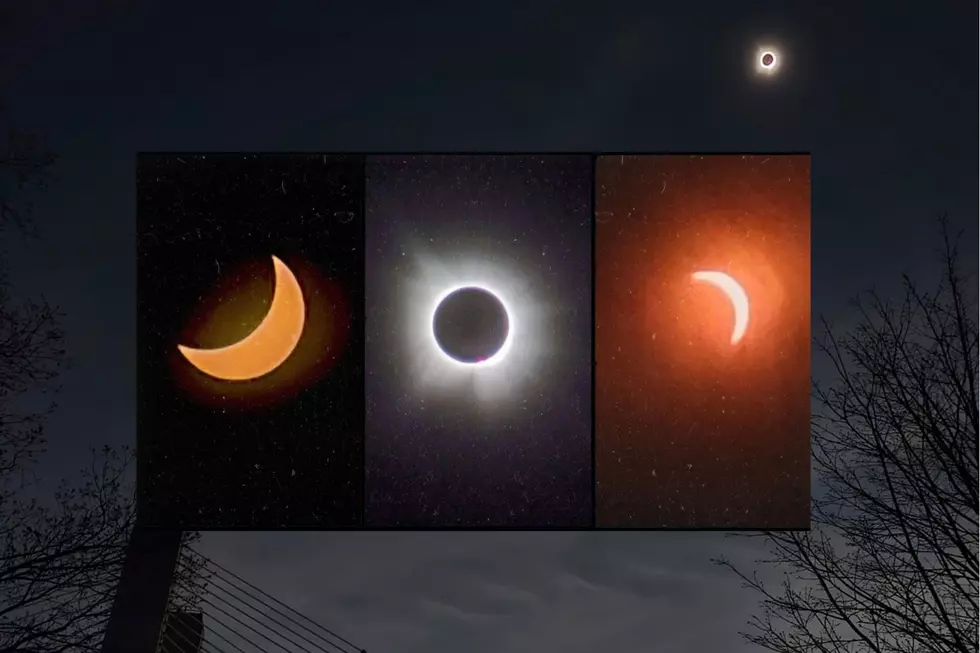
One Important Thing To Know About Frost Quakes Returning to Illinois
Have you ever woke up in the middle of the night to a loud and terrifying popping sound followed by creaking that made you think someone broke into your house and was coming to kill you?
Or maybe you were relaxing on the couch while your kids were sleeping upstairs and you heard a huge boom that made you think someone fell out of bed and definitely injured themselves?
I have, and its not fun.
Thankfully, those loud pops, booms, and creaks aren't home invaders, bad sleepers, or gunshots, they are likely "frost quakes" and they're not as bad as they sound.
What Are Frost Quakes?
So, what exactly is a frost quake, aka, Cryoseisms ?
Here's how they are defined by Wikipedia;
is a seismic event caused by a sudden cracking action in frozen soil or rock saturated with water or ice, or by stresses generated at frozen lakes. As water drains into the ground, it may eventually freeze and expand under colder temperatures, putting stress on its surroundings. This stress builds up until relieved explosively in the form of a cryoseism.
Basically, plummeting temperatures will cause moisture trapped in the ground to freeze, expand, and crack causing your home's foundation to shift, "pop", and even shake a little.
Do Frost Quakes Damage Your Home?
When frost quakes happen, it 100 percent sounds terrible, but it turns out they aren't powerful enough to cause major damage to roads, homes, or foundations.
An article from thehomeschoolscientist.com says;
Frost quakes are very shallow seismic events, unlike earthquakes that are caused by the moving of tectonic plates deep within the Earth's crust."
When Do Frost Quakes Happen?
For frost quakes to occur, temperatures need to go from above freezing to below freezing very quickly, so experiencing them all winter long is not likely.
Illinois is due for a bit of a warm up this week, and if the snow starts to melt and then temps bottom out again, prepare yourself for the possibility of big booms and little shakes to come.
KEEP READING: Get answers to 51 of the most frequently asked weather questions...
LOOK: The most extreme temperatures in the history of every state
Gallery Credit: Anuradha Varanasi
More From Rockford's New Country Q98.5









